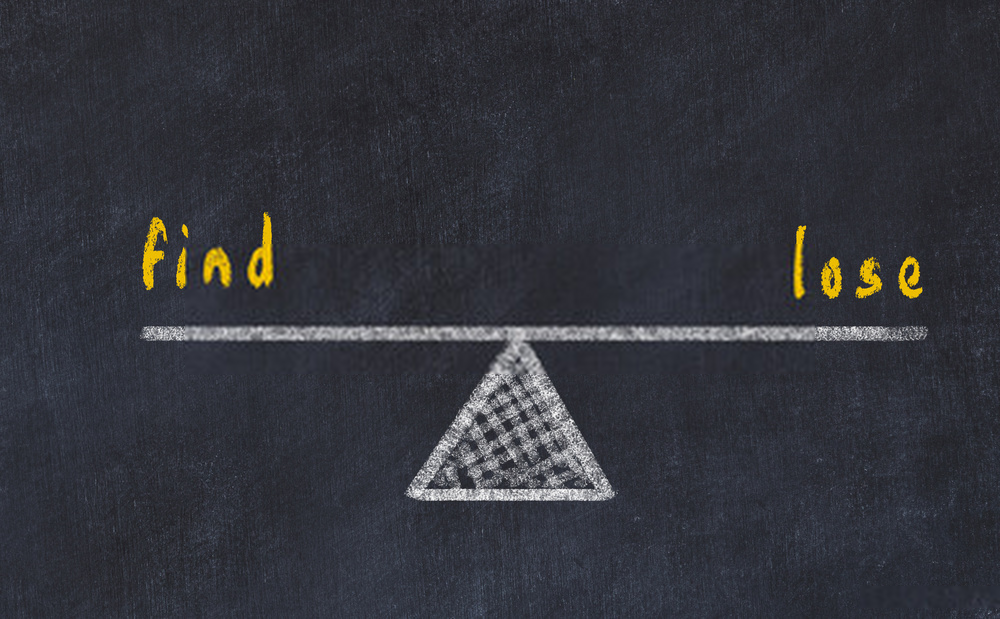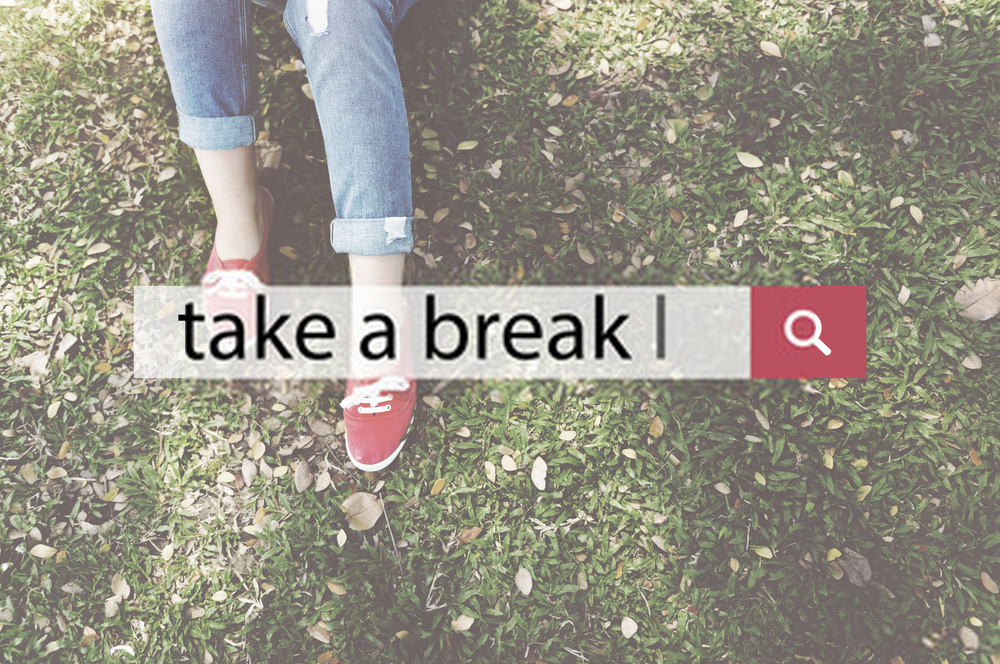Several people are walking about, driving, travelling to work and living their lives in a constant phase of exhaustion. Sometimes people are worn out for unexplained medical causes, but usually, there are extremely common causes for burnout including lack of natural sleep, inadequate diet, and not enough physical activity. Fatigue can be incredibly frustrating and even incapacitating because of feeling as though you can’t get everything done or appreciate your downtime. It’s important to maintain health come rain or shine.
In this article, we are going to look at various techniques to fight and overcome tiredness in order for you to get your life back. There is no cause for being worn all the time. It isn’t a natural state of being in healthful people. If you practice all the suggested ideas in this article, there isn’t any question that you are going to be heading towards getting over your state of fatigue, and also changing into an active, cheerful, renewed individual who can achieve more than you ever imagined you could.
Why Do You Feel Fatigued Even on Your Greatest Days?

Prior to getting into the crux of becoming recharged, let us discuss the fact that sometimes it could be a medical issue that can play an essential part in your energy levels. They are able to pull you down no matter how great you do on any day.
If you are enduring unexplained fatigue, it’s vital that you explore medical solutions first. Go to your physician and request that they give you a comprehensive blood workup to review your vitamin and hormone levels, and examine you for general conditions that induce weariness such as sleep apnea. Alternatively, you could even be using medication for an ailment and a side effect could be tiredness. If you are tired after using the medicine for two weeks, ask your physician if there is an alternative option.
The following conditions can readily be examined for and confirmed by your physician through standard blood tests:
Anaemia
This condition is defined by paleness, lethargy, racing heartbeat and even sometimes intestinal pain. When someone has anaemia, their red blood cell count (known as haemoglobin) is extremely low. If haemoglobin lowers too much, it can produce extreme exhaustion among other difficulties. For men, haemoglobin levels that are below 13.5 grams per 100 ml and for women, haemoglobin below 12.0 grams per 100 ml is considered to be exceedingly low.
Additional Vitamin Deficiencies
Besides low levels of iron, if you are deficient in vitamins D3 or B12 you may even feel seriously drained and even possibly anxious, which may cause you to miss sleep, therefore, causing you to be even more exhausted throughout the whole day. Even though it’s possible for you to purchase D3 and B12 (with folate) to assist with this problem, it’s still ideal to get a blood test to exclude anything dangerous prior to commencing with your treatment.
Thyroid Disease
Whether you are hypothyroid (slow) or hyperthyroid (fast), you will experience tiredness. Having stated that, hypothyroidism has a tendency to make you feel exhausted, lazy, and even in some cases, depressed. However, hyperthyroidism causes people to become anxious, agitated, moody, therefore, contributing to tiredness due to sleep deprivation. If you’re feeling exhausted even with bursts of energy, request that your physician tests your thyroid levels in order to be safe.
Diabetes
One of the most significant first implications of diabetes is exhaustion. Even though the majority of people think that diabetes only concerns people who are overweight, numerous people who seem healthy could still end up with type II diabetes.
If you have had diabetes since birth and you are regularly tired, speak to your physician regarding this. Even maturer people are getting diagnosed with type I diabetes, so the traditional ideas no longer apply. One may feel exhausted whether your blood sugar level is high or low. If it’s not at the right level then you will notice the effects. That is the reason why it’s so essential to communicate with your physician to try to control your disease with medicine, diet, physical activity, and proper sleep.
Anxiety & Depression
While there could be underlying reasons for depression and anxiety, like anaemia and other vitamin and mineral deficiencies, however, people sometimes have these conditions for other reasons or even unexplained causes. If you have reviewed everything and nothing confers, speak to a medical expert about whether you are experiencing depression or anxiety (or even both). Anxiety creates exhaustion by interrupting a good night’s slumber, and depression can sometimes have the impact of causing you to want to sleep away your difficulties despite how much rest you end up getting.
Chronic Fatigue Syndrome
Another disorder that could cause exhaustion in CFS. It’s even in the name. There may be multiple causes for CFS that we are unaware of., however, it ‘s a genuine medical condition that is usually defined by fever, aches, and exhaustion. This ailment can sometimes occur after you believe you have recovered from a viral infection. It’s extremely challenging to diagnose and is only given subsequent to a comprehensive check-up to disregard any other probabilities. However, it is a legitimate disorder that can be maintained, controlled and treated.
Sleep Apnea
Sleep apnea is induced by either an obstruction caused from the way in which you sleep or possibly because the brain is not indicating to your muscles to breathe correctly even if you have no blockage in your airway (central sleep apnea). Both types of apnea are extremely hazardous and could cause unexpected and sudden death while asleep. Most often it leads to a low quality of life because of enduring non-restorative sleep.
To diagnose this problem, you will be assigned to a sleep centre overnight to take part in a sleep study. There are many ways to get aid with this issue. Even if no one has declared that you snore, this is a good test to have in order to assure that you are resting adequately.
Medications
If you possess any sort of sickness where you have been provided medications, they could be creating your problems. They may be making you fatigued, or they could make it difficult for you to sleep, therefore, causing exhaustion during the day. Sometimes it is still required that you take the medication prescribed, but usually, there are other alternatives that you could use. So you can often find a medication that won’t cause you so many difficulties. Other times, there are further medications that you could consume to correct the problem if it’s conflicting with your capacity to experience your life adequately.
Now that we have discussed the possible medical problems that create lethargy, we can move on to discuss other concerns that could induce tiredness and how you can defeat it. The purpose is to discover methods to renew your body and gain command of your life. Whether through medical intervention or something different is not as significant as doing something about it to make a difference is.
How Mental Exhaustion Can Affect the Entire Body
Most people believe that it’s natural for a person to be worn if they work out on a farm for a whole day or if they stand on their feet most of the day. However, people who possess a desk job or fill a lot of your time on mental reasoning duties are usually confused and shocked that they are still fatigued.
Mental exhaustion can influence your entire body in adverse ways. Not only do people with mental exhaustion feel exhausted, but they also usually experience body pains and aches as if they have done an all-day workout. Overexerting your mind is equally as detrimental for you as overexerting yourself physically.
Take this as an example, numerous people who experience mental exhaustion, as well as being fatigued most of the time, may possibly fall ill more frequently, get a lot of headaches, have back pain, aching muscles and more. Also, mental exhaustion can impair your capacity to get a healthy night’s sleep which can worsen all the above.
If you have more than a few of the below symptoms and have been overexerting yourself, consider the possibility of mental exhaustion being a possible reason.
- Persistent tiredness
- Recurring headaches
- Hallucinations
- Diminished decision making
- Failure to concentrate and focus
- Irritability
- Loss of hunger
- Memory difficulties
- Moodiness
- Muscle weakness
- Reduced coordination
- Bad judgement
- Lowered immunity
- Delayed reflexes
- Painful or aching muscles
- Unexplained dizziness
- Unmotivated
When people experience mental exhaustion, their bodies attempt to make them rest in every way possible. That is the reason why it’s so crucial to give attention to the signs of mental exhaustion. fortunately, there are several ways to overcome mental exhaustion, which we will examine next.
How to Defeat Mental Exhaustion
Enduring mental exhaustion is not a pleasant thing to experience. It can creep up on you. You might believe you are doing amazingly well and then suddenly one day it dawns on you that you are not. Therefore, let us look over 10 simple steps to overcome mental exhaustion and also determine how to avoid it in the first place. Prevention is the greatest medicine of all.
Step 1: Track How You Fill Your Time

If you are not aware of how much you’re actually doing, it can be simple to just continue going 24/7 without ever taking a break. Take some time to track and monitor what you are getting up to on a daily basis for approximately one week. You can make use of your smartphone to track your actions or you could go old school and keep a small notebook to log your actions in.
Step 2: Decrease Activities That Don’t Deliver Tangible Results

When you look at the actions you performed while tracking, take note of all the things that aren’t actually producing results, or that are totally unnecessary. Do you go to many meetings? Do you have to go to them? Do you consume a large portion of time attempting to assist a family member, acquaintance or friend without results? Release anything that you could simply stop doing or outsource it. Or if you have to continue doing it, find a way to put boundaries on it.
Step 3: Jot Everything in Your Calendar

One cause for people getting overscheduled, doing too much and becoming mentally fatigued is that they think they’re invincible. They believe that they can work for 48 hours straight. But, if you began by jotting everything on your calendar accurately, you would realise that you just aren’t able to. the initial process is to schedule the important tasks. Then you can add in family time, relationship time, friend time, and of course “me” time to your day. Refrain from adding anything to your list that will lessen these essential elements.
Step 4: Have a Healthy Night’s Sleep

Don’t overlook how critical sleep is. Most adults should attempt to get between six and nine hours of sleep each night. The amount of sleep that feels perfect for you specifically greatly depends on your genetics. Operate with what you know is required for you. If you’re having a hard time sleeping, address any issues that concern you so that you can fall asleep quickly and your sleep time is fruitful. To aid getting used to this method, go to bed and wake up at the identical time each day for at least 30 days. You can begin with the shortest time and work your way up to attain the amount of time that works best for you to ensure that you feel well-rested every day.
Step 5: Do Exercises Daily

Plan time to exercise every day. It needn’t be strenuous exercise. It can be as easy as an energetic walk. You also don’t even have to schedule in a full hour. Look at your agenda so that you can decide if you have 10 minutes to have a walk six times a day, or three 20-minute walks in a day. You can also divide them out into varied forms of exercise. The critical task is to get off your couch and move as much as possible.
Step 6: Eat Correctly

It cannot be declared enough refa=garding eating the correct variety of foods for your body. What you consume frequently depends on your needs. Ask your physician to examine your blood levels for vitamins and then adjust your diet to include the vitamins that you require in order to avoid any deficiencies. Try to eat smaller meals during the day which will provide you with a break, raise your stamina, and aid you to remain more focused.
Step 7: Remain Well-Hydrated

It can be really easy to become dehydrated. Most adults should be drinking between eight and ten glasses of water daily in order to stay hydrated. If you workout strenuously you’ll need to consume more liquids. Tea, coffee, soda, and sugary drinks (even artificial sweeteners) all have dehydrating effects and don’t do the equivalent thing as fresh clean water will. Accept the challenge and pledge to drinking adequate amounts of water for a month, and you will notice a tremendous difference.
Step 8: Have Frequent Breaks

When you are partaking in mental tasks, it’s difficult to want to have a break sometimes as there are often occurrences when time simply flies by as you do your work, and you don’t even notice it. However, it’s crucial that you take periodic breaks. Because the brain works in 90-minute sequences, one way to achieve breaks is to aim for five to ten-minute breaks for every 115 minutes that pass. Set a timer if necessary. Get up, stretch, go for a quick walk, have a snack, drink water, and you’ll return feeling focussed and revived.
Step 9: Give Your Eyes Some Rest

Numerous people who use their brains all day long have a tendency to sit in front of a computer. Computer monitors are really not good for your eyes. You can install software such as f.lux to further lessen the stress on your eyes, although getting away from your pc monitor on your frequent breaks will definitely help as well.
Step 10: Realize That It’s Alright To Do Nothing

A lot of intelligent, busy people seem to experience discomfort with allowing themselves some downtime. They believe that they are lazy loafers if they aren’t constantly doing something. But, even if you have a mentally draining job as opposed to a physically draining one, each and everyone needs to get away every now and then. Even if you just remain at home, that’s okay – everyone needs downtime and everyone requires some time to do nothing.
In Conclusion
If you are currently experiencing mental exhaustion due to work or some sort of project, and if it’s at all possible, use a sick day on a Friday or a Monday, or you could take off two leave days (one on Friday and the other on a Monday). Use that time to rest, doing very little, eating correctly, drink lots of water, and simply get yourself back. Then begin with a fresh start when you return to work or school.




